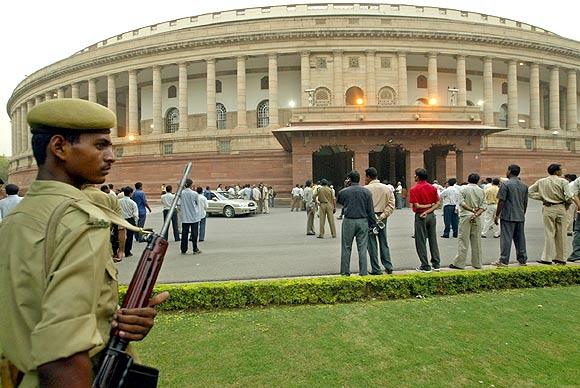
Anybody who has seen the gigantic volumes and their conflicting definitions would recognise that GST could not have emerged without their reconciliation, reports Subhomoy Bhattacharjee
Alcohol almost made it to the goods and services tax list as an item to be taxed under it, but for political developments in Bihar.
“The empowered committee of state finance ministers had at their meeting in Bhubaneswar in January 2013 reached an understanding on it,” said an officer, who had tracked the tortuous course of India’s most ambitious tax reforms.
The chairman of the committee, Sushil Modi, who was finance minister for Bihar, had to step down soon thereafter in June as the Bharatiya Janata Party and the Janata Dal (United) coalition split in the state.
Officers in the central and state governments, who have worked with the GST exercise, can recall several such incidents in the past 10 years.
Abdul Rahim Rather, who succeeded Modi, could not drive the consensus on alcohol, as he was assailed by a host of fresh doubts raised by the states on issues that had seemingly got settled earlier, and alcohol could not make it to the list.
The largest challenge for the gigantic exercise between the Centre and the 29 states was to keep the latter interested over the years.
“Our challenge was to restore the trust deficit the Centre had run up when the compensation for the central sales tax fell behind for some years,” said Rashmi Verma, now textile secretary in the union government and one of those key people who kept plugging away at the GST plan.
She held the post of additional secretary-revenue in the Union finance ministry in the critical negotiations phase.
As part of the first iteration of the GST, the value added tax, the Centre was supposed to compensate the states for their revenue loss, as the tax rate on CST was halved progressively.
States were not willing to accept the Centre’s plea that revenue receipts had fallen behind and were unwilling to commit on GST.
Discussions on GST became difficult to hold with the state governments without clearing the pending bills, a fact that Sushil Modi too affirms.
“We had to face the anger of the state governments,” he says.
Once that obstacle was cleared, the GST negotiations hit the concerns of a clutch of states on ceding their favourite tax to GST. Punjab and Haryana were unwilling to give up on purchase tax, while for Bihar, Bengal and Odisha entry tax was a major source of money.
Image: The Parliament House. Photograph: Reuters












 © 2025
© 2025